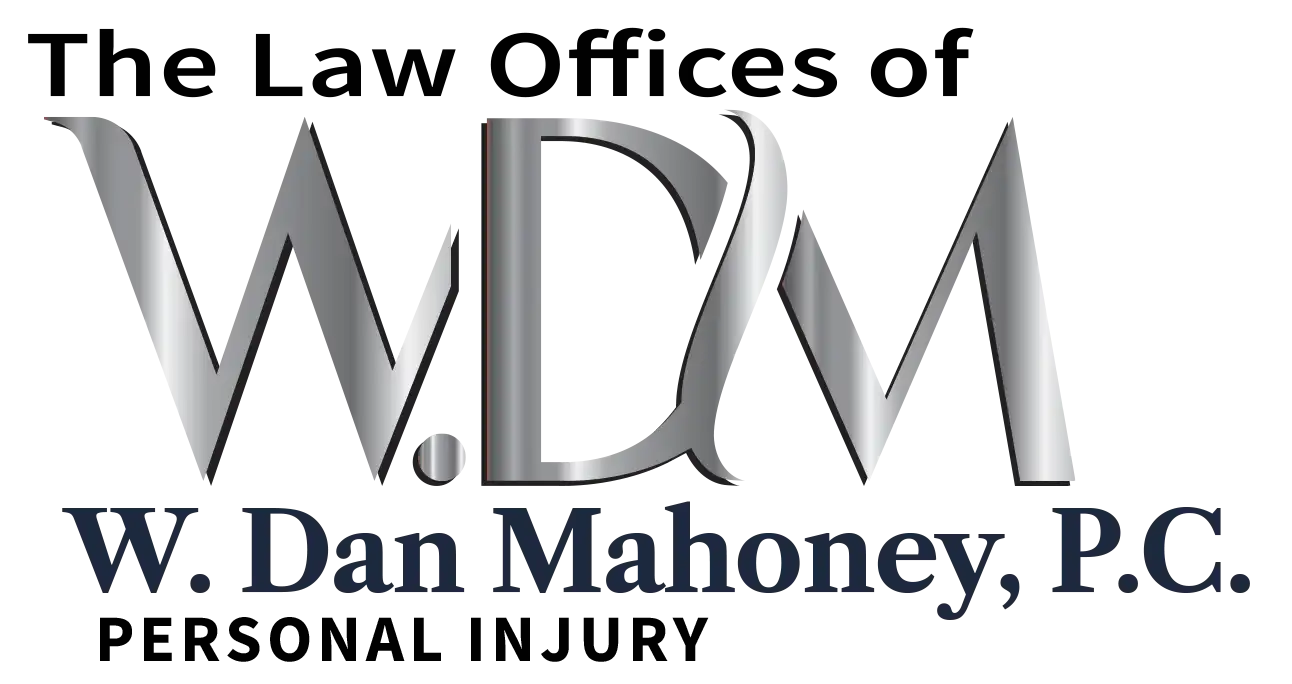In Colorado, any type of construction work has its inherent dangers. However, some projects are riskier than others. For those who are stationed in work zones, it can place them in jeopardy that goes beyond the normal challenges with construction. Since injuries are so common in this type of work, it is important to be prepared by understanding the process for filing for workers’ compensation benefits.
Statistical analysis shows the frequency of work zone accidents
To illustrate how people can be injured in work zones, the National Safety Council provides information on accidents and how often they occur. In 2019 alone, there were more than 39,000 injuries and 842 deaths. The numbers tend to fluctuate with the highest total of fatalities ever recorded coming in 2002 with 1,186 and the fewest in 2010 with 586. From 2010 onward, there was a 44% spike.
There is a disparity between the numbers the National Highway Traffic Safety Administration (NHTSA) calculated and those of the Bureau of Labor Statistics (BLS) due to the NHTSA numbers being limited to accidents on public roadways and the BLS numbers counting all work zone accidents. Work zone construction jobs add to the litany of ways in which workers can be hurt or lose their lives. This can lead to major medical costs, lost time on the job and lack of income. Workers’ comp benefits will inevitably be needed by those who are relied upon to support a family and face the prospect of being off work for an extended period if not forever.
Navigating the workers’ comp process may require assistance
Because road work zones are, as the name indicates, found on roadways, the workers are vulnerable not just to accidents involving construction tools or project-related incidents, but also from passing vehicles. The tools, heavy machinery and physical labor involved in construction are physically and mentally taxing. Adding the possibility of being hit by a car or truck increases the danger. Those who have been hurt should be aware of how to obtain workers’ comp. From the start, it will likely be helpful to have experienced guidance.
